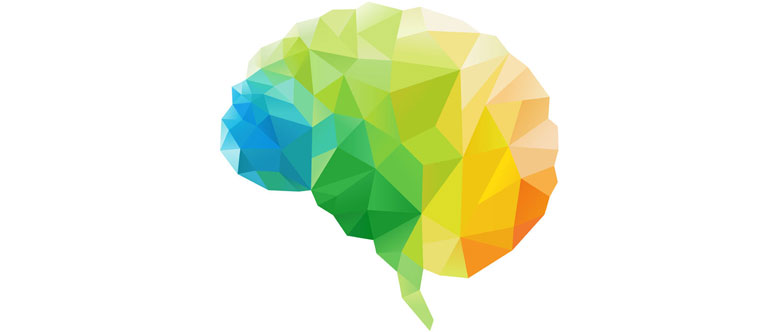Testing Mental Age
The Official Way
In most cases, 'Mental Age' is considered as the age someone has relative to the intelligence shown by someone of that physical age. The concept is that as you increase in age through childhood to adulthood, your general intelligence increases and therefore there's a relationship between mental age and actual age. If, for example, you are actually ten years old but, through a series of tests are found to have an below average intelligence then you might be considered to have a 'mental age' of eight.
These tests are usually performed by a qualified psychologist and, due to the ages involved, are a range of cognitive, emotional and sometimes verbal assessments.
Needless to say, they can vary quite a lot and there's usually a fair amount of discussion on the validity or accuracy of these tests.

How Mental Age Relates To IQ
Intelligence Quotient (IQ) is an established method of measuring a person's intelligence. Historically, it was related to the relationship between mental age and physical age. (mental age / physical age x 100 = IQ). If the mental age - as computed via tests - was the same as actual age then the score was 100.
However, IQ is no longer measured like this and is typically measured now as a score based on a standardized test whereby the median (think middle) score is rated as 100. A higher score would be therefore rated as an IQ over 100. These tests vary but can often combine elements of mathematics, general knowledge and vocabulary.
The abbreviation IQ was first suggested by the pyschologist William Stern in 1912. It was a term he gave for his intelligence tests for the University of Breslau.
Is It True ?
If you've taken the tests and been given a high IQ and/or are a member of MENSA then you'll almost certainly think it is. Everyone else probably couldn't care less until some employer asks you to take the test !
How Does My Mental Age Work ?
A little bit differently. We use the significantly more accurate (no disrespect meant) methodology that your approach to life changes as you get older. Your views on things like pensions, life, health, money and all sorts of things change as you get older. It's not to say that you get happier or less happy - you can take the other tests for that. It's just that your view changes.
When the test first started, we asked people what age they actually were before starting. We then logged the results and started to build an average picture of what people of certain actual ages answered. There's plenty of exceptions where someone in their 60's might give answers we would expect from children but gradually it became clearer that older people veered towards certain answers and younger towards others. By changing the answers and changing the questions (and cross-referencing questions) we built a surprisingly clear picture of what we would expect from older and younger age groups.
Once the system had been taught, we removed the question and let it get on with itself.
For The Techies
Usually, the Mental Age Test uses a simple rule based scoring system to calculate the result. However, every now and again, just for fun, we use the original data to run the whole test through a multi-layer Neural Network. We are still experimenting with teaching the 'net' with the raw data to get the best results but it's getting closer and closer. We know that it's all presented as a bit of fun but actually, behind the scenes, every now and then, My Mental Age is using some pretty powerful processing to work things out !